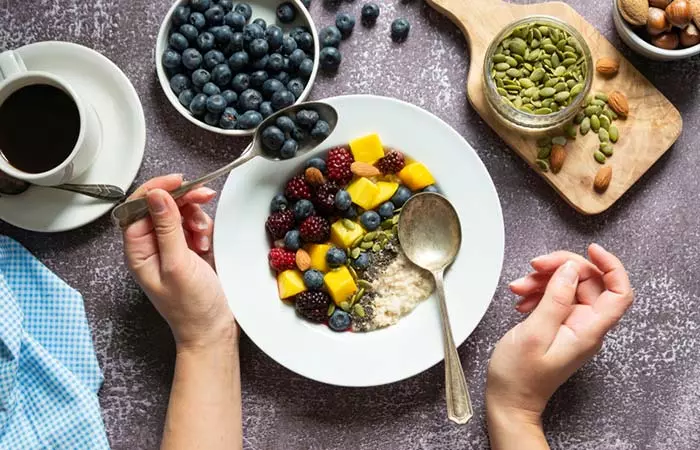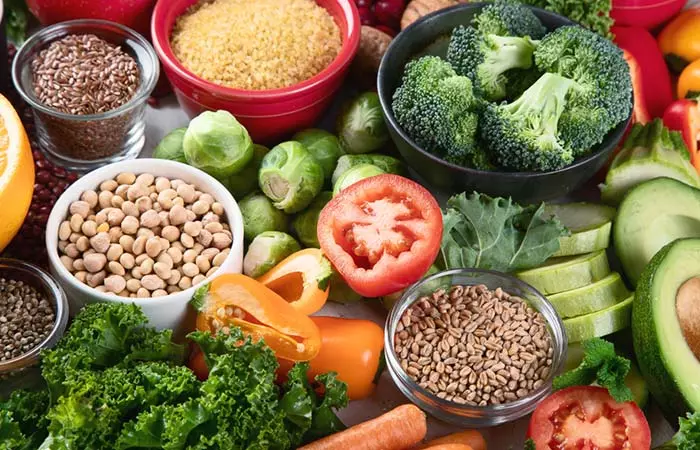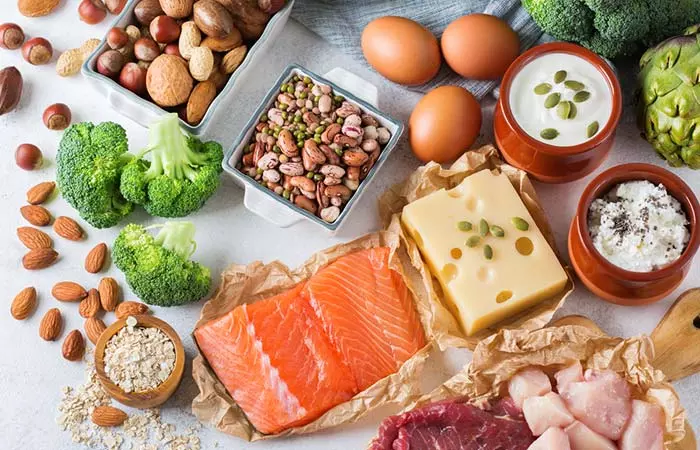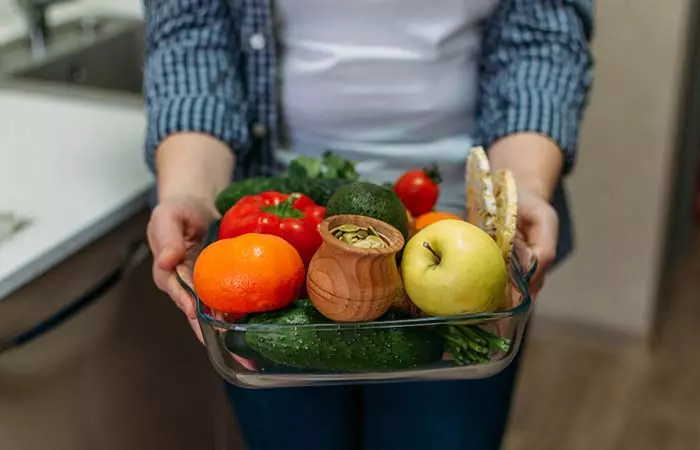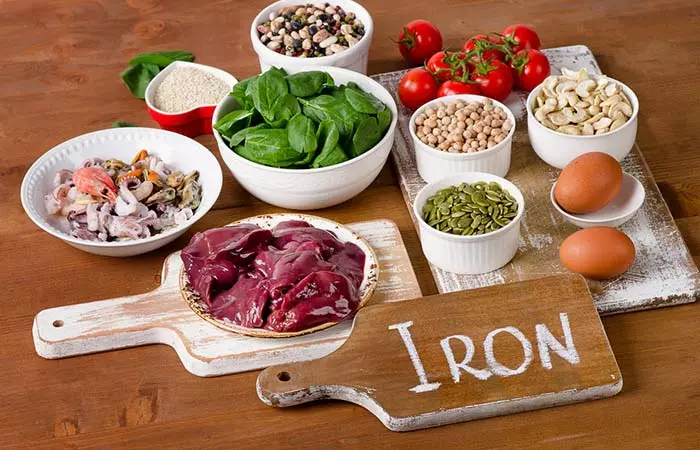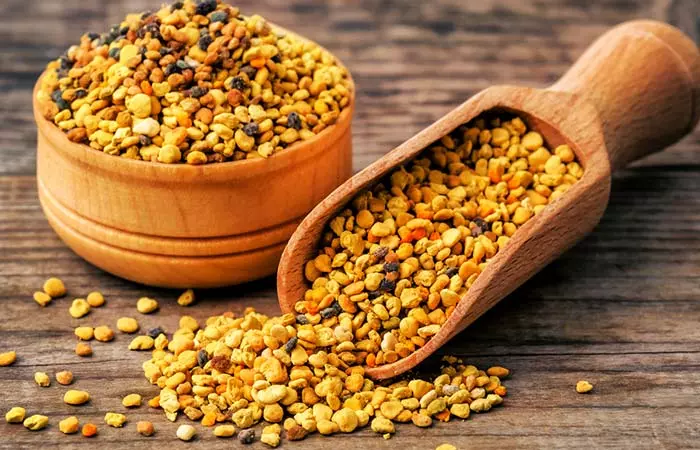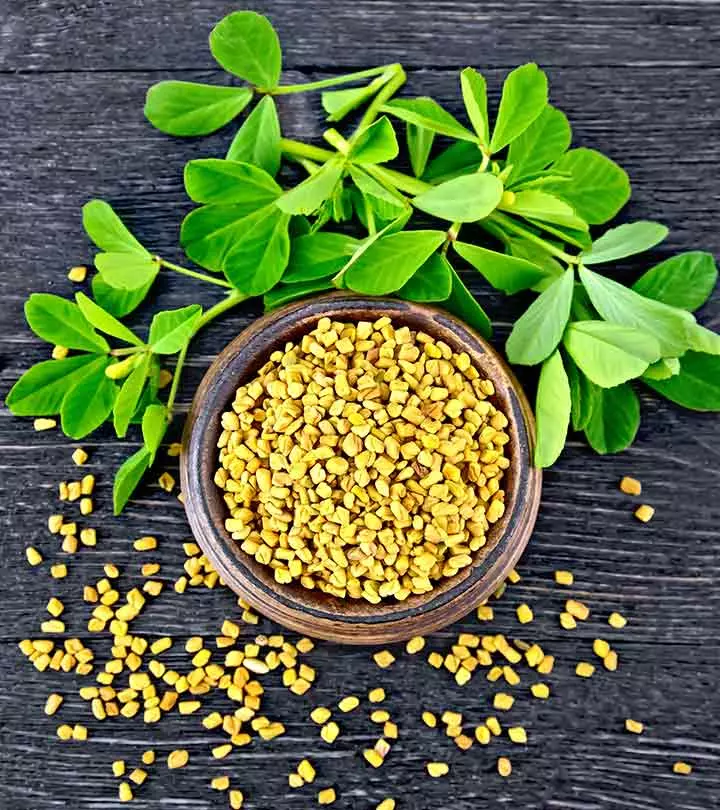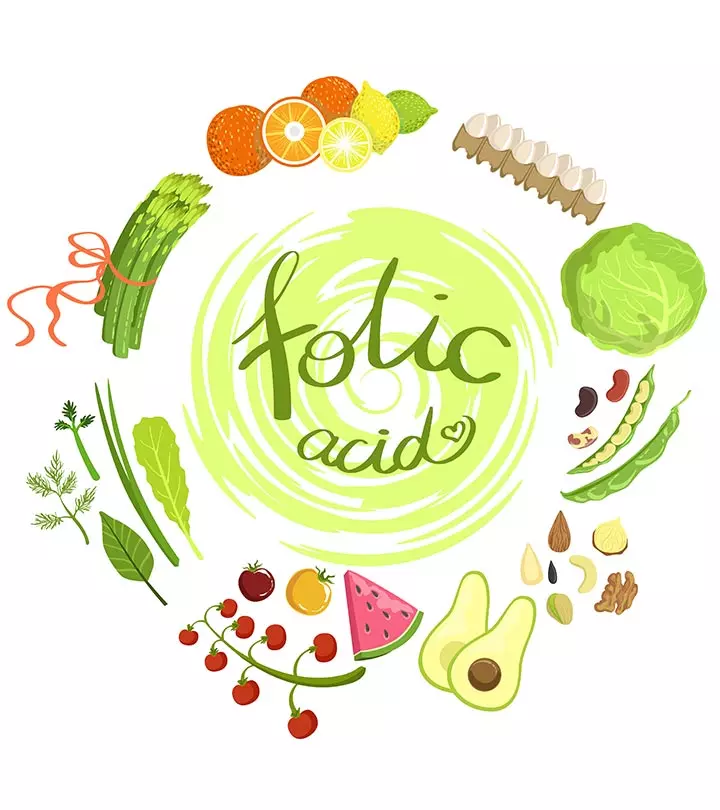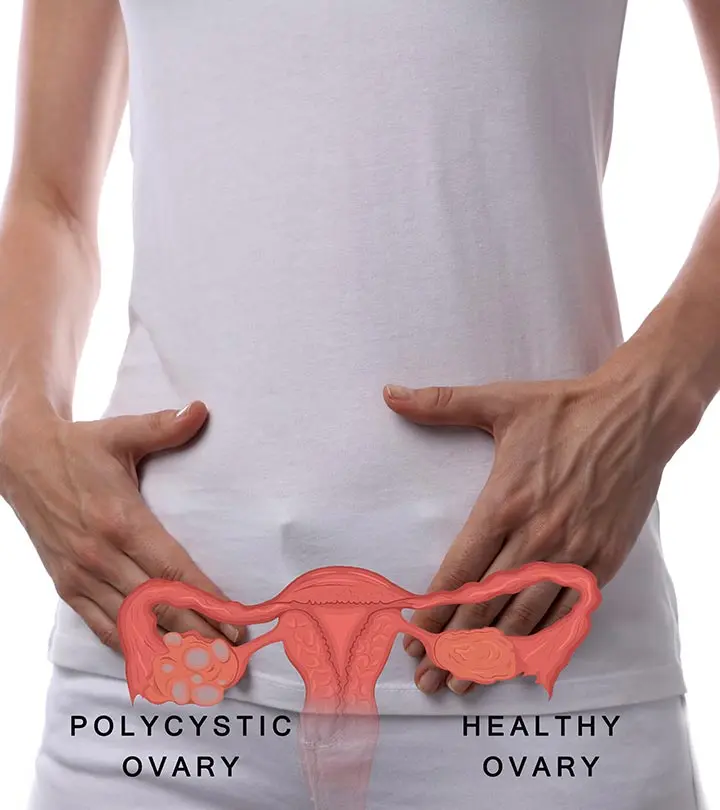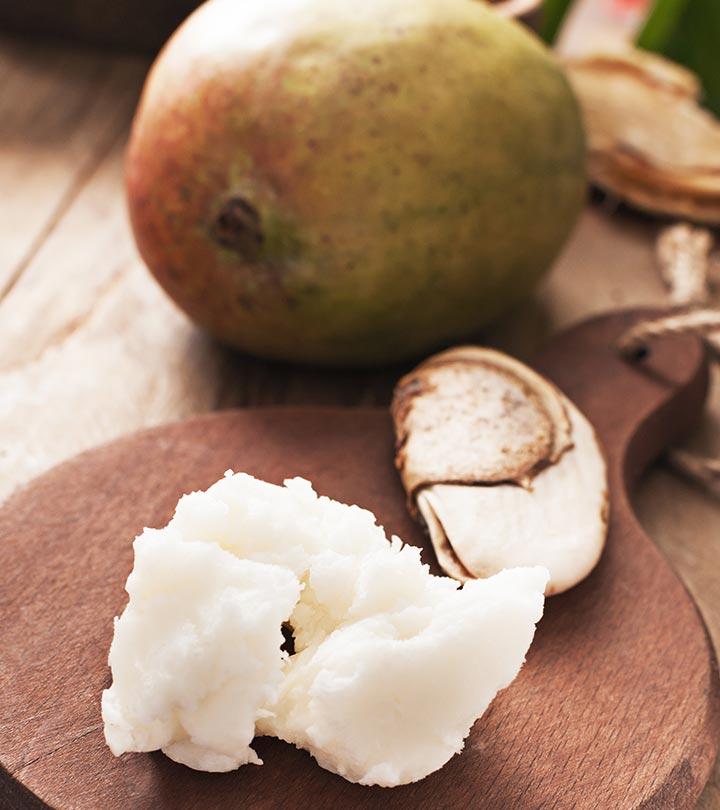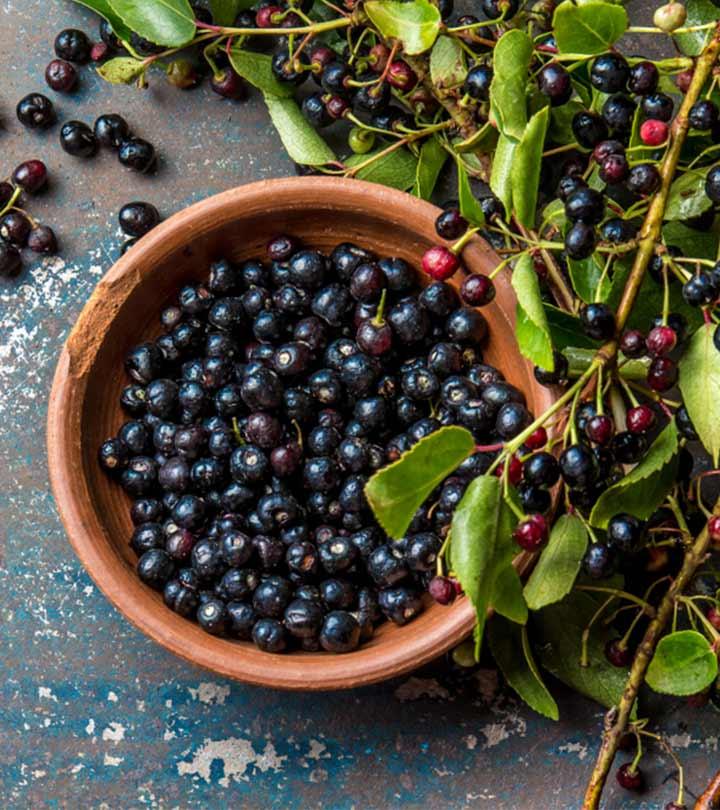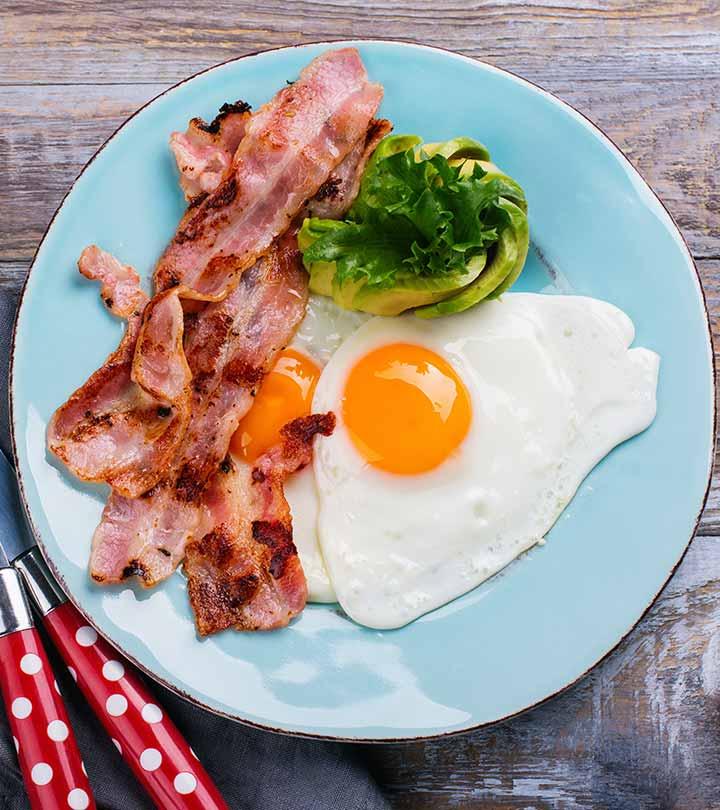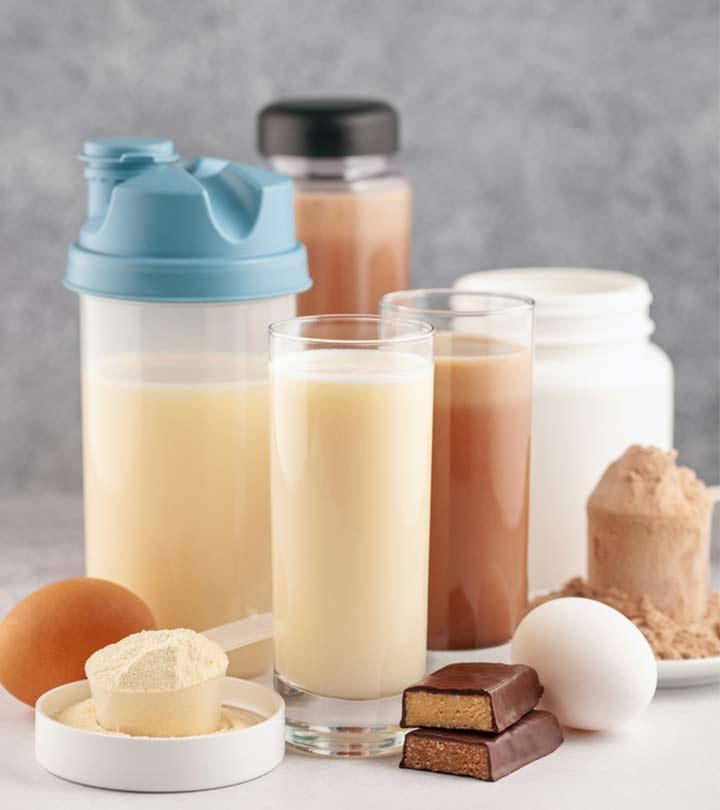15 Ways To Boost Fertility In Women With PCOS

Image: Shutterstock
Polycystic ovary syndrome (PCOS) is an increasingly common hormonal disorder among women of reproductive age. In India alone, about 3.7 to 22.5% of women are dealing with PCOS (1). The well-known symptoms of PCOS are prolonged menstrual periods and difficulty in conceiving. It brings with it other issues like depression, societal criticism in conservative families, etc. Now, for the good news, apart from consulting a specialist, there are many natural ways to reverse PCOS. We at Stylecraze made an easy-to-follow list of things to do that will help you boost your fertility by following these easy lifestyle tricks.
1. Eat A Big Breakfast
A large and nutritious breakfast is proven to aid women in overcoming fertility issues. Instead of skipping breakfast and rushing to work, eating a substantial breakfast can increase ovulation by 30% (2). The reason behind this is, the levels of insulin could be decreased by 8% and testosterone levels by 50%, which would increase the chances of getting pregnant (3).
2. Eat Antioxidant-Rich Foods
Foods rich in antioxidants are a boon for increasing fertility in both women and men. Through antioxidants, you will lower the number of free radicals that cause damage to eggs and sperm within the body. Including more fruits, vegetables, grains, and nuts that are loaded with antioxidants like Vitamins E and C beta-carotene, lutein and folate will not only fight PCOS but also give you radiant, healthy skin.
3. Avoid Eating Trans Fats
Healthy fats are the foundation of a well-balanced diet, especially if trying to be pregnant. But don’t confuse it with trans-fat. What are trans fats? Well, unlike freshly-fried food, there are foods that contain semi-solid vegetable oils that have been artificially frozen. Some examples would be baked food like pastries, ready-to-microwave food, frozen edibles, etc. Trans fats have been proven to adversely affect ovulation levels. To have a natural conception, you should avoid trans fats entirely and eat a balanced diet.
4. Select Your Carbs Carefully
When talking about carbs, the quantity and quality matter. You should be attentive to the number of carbs and the kind of carbs you consume each day. A low-carb diet may aid in improving hormone levels for women suffering from PCOS, and avoiding refined carbohydrates will increase your chance of being pregnant (4).
5. Consume High-Fat Dairy Products
Several studies have been conducted which has demonstrated the link between high-fat dairy products and fertility. Research has shown that women who consume one or two portions of high-fat dairy products have a higher chance of having a healthy pregnancy than those who consume low-fat dairy products (5). If you’re seeking natural solutions to ovulation or infertility, substituting at least one serving of low-fat dairy with a dairy product that is high in fat will help you conceive naturally.
References
Articles on StyleCraze are backed by verified information from peer-reviewed and academic research papers, reputed organizations, research institutions, and medical associations to ensure accuracy and relevance. Read our editorial policy to learn more.
Protein is an essential component of your diet. Both animal and plant-based protein sources, like beans and seeds, and nuts, have been proven to increase women’s chances of becoming pregnant. It may be difficult, but it is not impossible to bring back your fertility rate. Consider incorporating diverse sources of protein in your diet to improve your fertility.
7. More Fiber Consumption
Fiber is generally healthy for every diet. However, the addition of fiber to your diet when trying to conceive could increase your chances of success. The best part about the fiber in your diet is it may help your body eliminate excess hormones and keep the blood sugar levels in the right place. Foods that have high levels of fiber include fruits and vegetables, whole grains, and beans. You might consider constructing your diet around these. But, be careful to limit the amount of fiber you consume, as it could affect your fertility and ovulation.
8. Try Some Multivitamins
If you feel there aren’t enough vitamins and nutrients in your diet, taking multivitamins can be a wise choice. Being consistent in taking supplements will significantly boost your ovulation. A very crucial nutrient for women trying to become pregnant is folate (6). Therefore, you can begin taking it as soon as you start making plans for the details of your pregnancy. However, try to include other minerals and vitamins to ensure that you’re getting the proper nutrients.
9. Physically Active
Being obese or skeletal could significantly affect your ability to become pregnant. Apart from being beneficial to your overall well-being, regular, moderate exercise can help attain an average weight and increase your chances of conceiving (7). Make sure to live an active lifestyle, add the occasional walk or other physical workouts to get your body fit and prepared to be pregnant. It is essential to not overdo it since excessive exercise could have adverse effects on overall fertility and conception.
10. Maintain An Ideal Weight
By ideal weight, we mean the amount of weight that is perfect for your individual bone and muscle mass. If the three factors are proportioned, it doesn’t matter if you are plus-size or petite since you are beautiful anyway. It will determine your health too. Weight is among the most critical aspects that influence fertility for both women and men. A healthy weight is among the best methods to assist you in improving fertility and conception. Weight gain results from an irregular menstrual cycle, which can drastically reduce your chances of conception.
11. Reduced Caffeine Sources
We know how much you like coffee, but one of the most well-known ways to enhance ovulation is by cutting down on caffeine intake. Women who consume coffee a lot struggle more to conceive. In addition, caffeine is known to increase the risk of miscarriage (8). If you’re a lover of coffee, it’s not necessary to stay away from coffee altogether. However, you should make sure you are moderate in your consumption of caffeine.
12. Avoid Drinking Alcohol
If you or your partner are hoping to have a child, you must try to limit the amount of alcohol you consume. Alcohol consumption is detrimental to fertility and can reduce the chances of conception.
13. Lower Stress Levels
Stress is among the most important causes of infertility. When you learn how to deal with stress, you will increase your chance of becoming pregnant. Make sure to unwind and remove the anxiety from your life to boost your pregnancy. Cancel all the negativity in your life and try to focus on the positives. Don’t brood alone if something bad is happening, instead confide in your few trusted people. Find something to do that engages you properly. Your last resort, of course, is to see a therapist.
14. Enhance Your Iron Consumption
Iron intake is essential for all people, but particularly for women during their reproductive years. It is necessary to eat foods rich in iron, like plant-based iron foods, to improve your fertility and ovulation. If your diet does not contain sufficient iron-rich foods, you should try to find a suitable supplement to add to your meals.
15. Natural Supplements To Fertility
The top natural fertility supplements comprise the following:
- Bee pollen is a natural ingredient that helps increase health, nutrition, and fertility.
- Women who took propolis from bees twice daily are more likely to become pregnant (9).
- Maca, a species of plant found throughout Peru, has been found to influence sperm count.
- Royal jelly is a type of honey that is a treasure trove of vitamins, lipids, amino acids, iron, calcium, and fatty acids. It may help increase fertility.
Not only is PCOS a bane for your fertility, but it also gives way to mood swings, unwanted weight gain, and lethargy. It is essential to treat it at the very start. If following this lifestyle does not bear fruitful results, you can always consult a specialist and treat yourself right with proper medicines. So, do you have a tip to fight PCOS? Let us know in the comments below. Take care!
References
Articles on StyleCraze are backed by verified information from peer-reviewed and academic research papers, reputed organizations, research institutions, and medical associations to ensure accuracy and relevance. Read our editorial policy to learn more.
- Epidemiology pathogenesis genetics & management of polycystic ovary syndrome in India
https://www.ncbi.nlm.nih.gov/labs/pmc/articles/PMC6902362/ - Work Hours and Perceived Time Barriers to Healthful Eating Among Young Adults
https://www.ncbi.nlm.nih.gov/labs/pmc/articles/PMC3464955/ - Insulin and hyperandrogenism in women with polycystic ovary syndrome
https://www.ncbi.nlm.nih.gov/labs/pmc/articles/PMC3846536/ - The Effect of Low Carbohydrate Diets on Fertility Hormones and Outcomes in Overweight and Obese Women: A Systematic Review
https://www.ncbi.nlm.nih.gov/labs/pmc/articles/PMC5372867/ - Does milk and dairy consumption during pregnancy influence fetal growth and infant birthweight? A systematic literature review
https://www.ncbi.nlm.nih.gov/labs/pmc/articles/PMC3505908/ - Folic Acid Supplementation and Pregnancy: More Than Just Neural Tube Defect Prevention
https://www.ncbi.nlm.nih.gov/labs/pmc/articles/PMC3218540/ - The Role of Physical Activity in Preconception Pregnancy and Postpartum Health
https://www.ncbi.nlm.nih.gov/labs/pmc/articles/PMC6986386/ - Caffeine Consumption and Miscarriage: A Prospective Cohort Study
https://www.ncbi.nlm.nih.gov/labs/pmc/articles/PMC2812592/ - The effect of propolis administration on fetal development
https://www.ncbi.nlm.nih.gov/labs/pmc/articles/PMC6820270/


